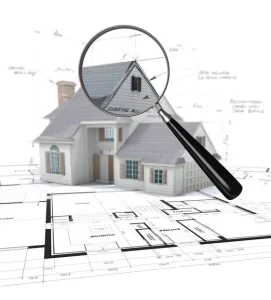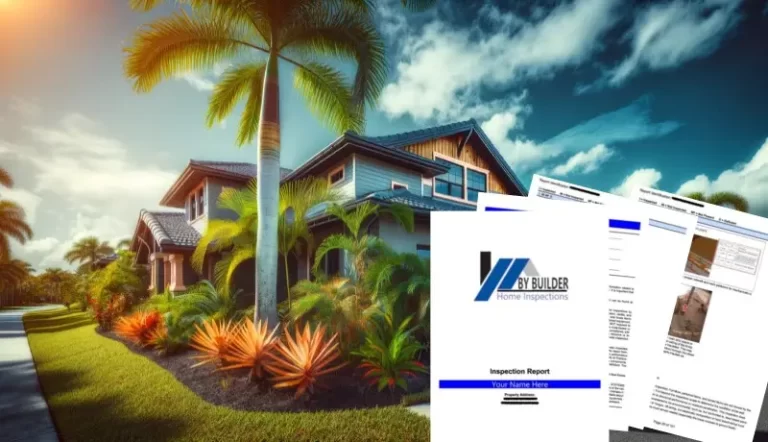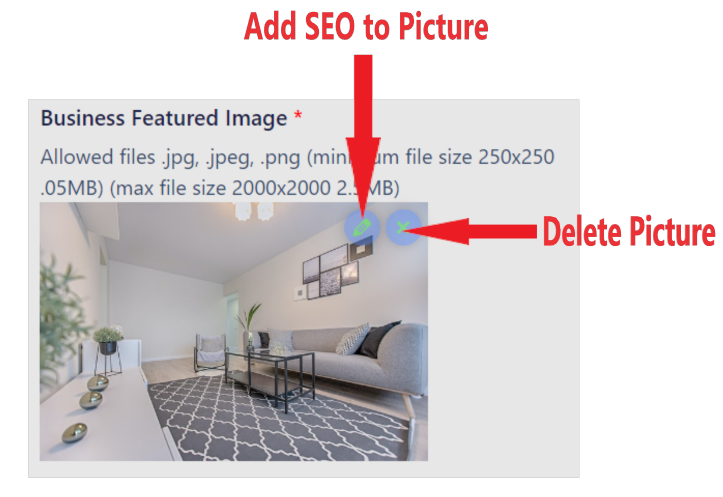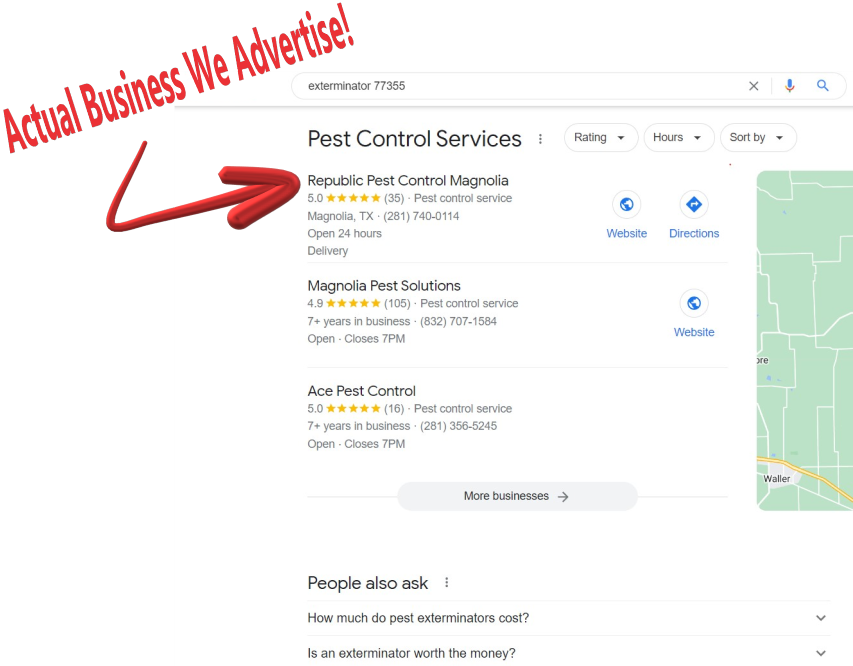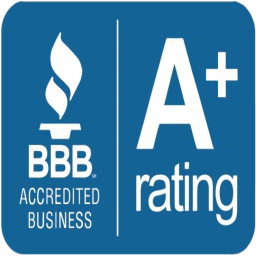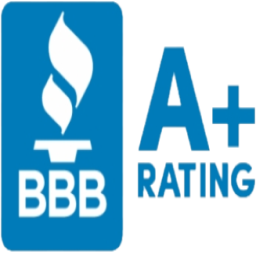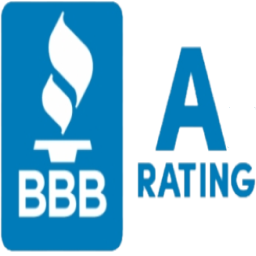Buying a home is a major milestone, but it’s essential to ensure the property is in good condition before making such a significant investment. This is where a home inspector becomes invaluable. Whether you’re a buyer, seller, or homeowner, having a qualified professional assess the property’s condition can save you time, money, and headaches.
What Is a Home Inspector’s Role?
A home inspector thoroughly evaluates the structural and functional aspects of a property. This includes everything from the roof and foundation to the plumbing and electrical systems. They provide a comprehensive report highlighting any existing or potential problems. If you’re curious about the range of services offered, check out the inspection services available here.
Why Home Inspections Are a Must
- Uncover Hidden Issues
Properties can look perfect on the surface, but an inspector will identify less visible problems, such as water damage or outdated wiring. - Save on Repair Costs
Knowing about defects before closing allows buyers to negotiate repairs or lower prices. Sellers, too, can benefit from addressing issues in advance through a pre-listing inspection like these. - Meet Insurance Requirements
Many insurance providers in Florida require a 4-point inspection to ensure major systems are in good working order. Learn more about this process here. - Ensure Structural Safety
Inspections help detect safety hazards such as mold, radon, or weakened structural elements, protecting your family from potential risks.
Different Types of Inspections
When choosing an inspector, it’s important to understand the various types of inspections they may perform:
- Comprehensive Home Inspections
This detailed examination covers all aspects of the property, from the roof to the foundation. - Wind Mitigation Inspections
Florida is no stranger to hurricanes. A wind mitigation inspection ensures your home can withstand strong winds and might even help you secure discounts on insurance. Discover more about this service here. - 4-Point Inspections
Particularly common for older homes, this inspection focuses on four key areas: roofing, plumbing, electrical systems, and HVAC. Learn how it affects your insurance premiums here. - Termite and Pest Inspections
Pests like termites can cause significant damage to Florida homes, making this a crucial step in the inspection process. - Pre-Listing Inspections
Sellers can streamline their sales process by identifying and addressing potential red flags before listing the home.
How to Choose the Best Home Inspector
Selecting the right inspector is key to a thorough and reliable assessment. Keep these factors in mind:
- Professional Certifications
Always choose a licensed professional affiliated with reputable organizations like InterNACHI or ASHI. - Experience in Local Housing Markets
Florida homes face unique challenges, from high humidity to hurricane risks. Choose someone familiar with local conditions. - Check Reviews and Testimonials
Read client feedback to gauge the inspector’s reliability and quality of work. Florida homeowners can explore trusted options here. - Detailed Reporting
Look for inspectors who provide clear, comprehensive reports complete with photos and actionable recommendations.
What Happens During a Home Inspection?
A standard home inspection usually takes 2–4 hours, depending on the size and condition of the property. During the process, inspectors evaluate areas such as:
- Roofing and attic spaces.
- Plumbing and water systems.
- Electrical wiring and outlets.
- Structural elements, including the foundation.
Buyers are encouraged to attend the inspection to ask questions and better understand the findings. Within 24–48 hours, you’ll receive a report detailing the inspector’s observations.
How Much Does a Home Inspection Cost?
Inspection costs vary depending on the property size, type, and location. On average, a home inspection in Florida ranges between $300 and $500. For a detailed breakdown of expenses, visit the home inspection cost guide here.
Florida’s Unique Inspection Needs
Florida homes face challenges that differ from those in other states. High humidity, hurricanes, and pests make inspections here especially critical. Popular Florida-specific inspections include:
- Moisture damage assessments.
- Wind mitigation inspections.
- Pest control evaluations.
For a closer look at services tailored to Florida properties, explore the inspection services provided here.
Benefits of Early Inspections
Both buyers and sellers gain advantages from timely home inspections. Buyers avoid surprises after closing, while sellers gain leverage by addressing potential issues beforehand. Learn more about the advantages of pre-sale inspections here.
Final Thoughts
Hiring a professional home inspector is an investment in peace of mind, helping you navigate real estate transactions with confidence. Whether you need a general inspection, a 4-point evaluation, or a wind mitigation assessment, finding a reliable inspector is key.
For trusted services in Florida, visit Home Inspection Florida and schedule your inspection today.


